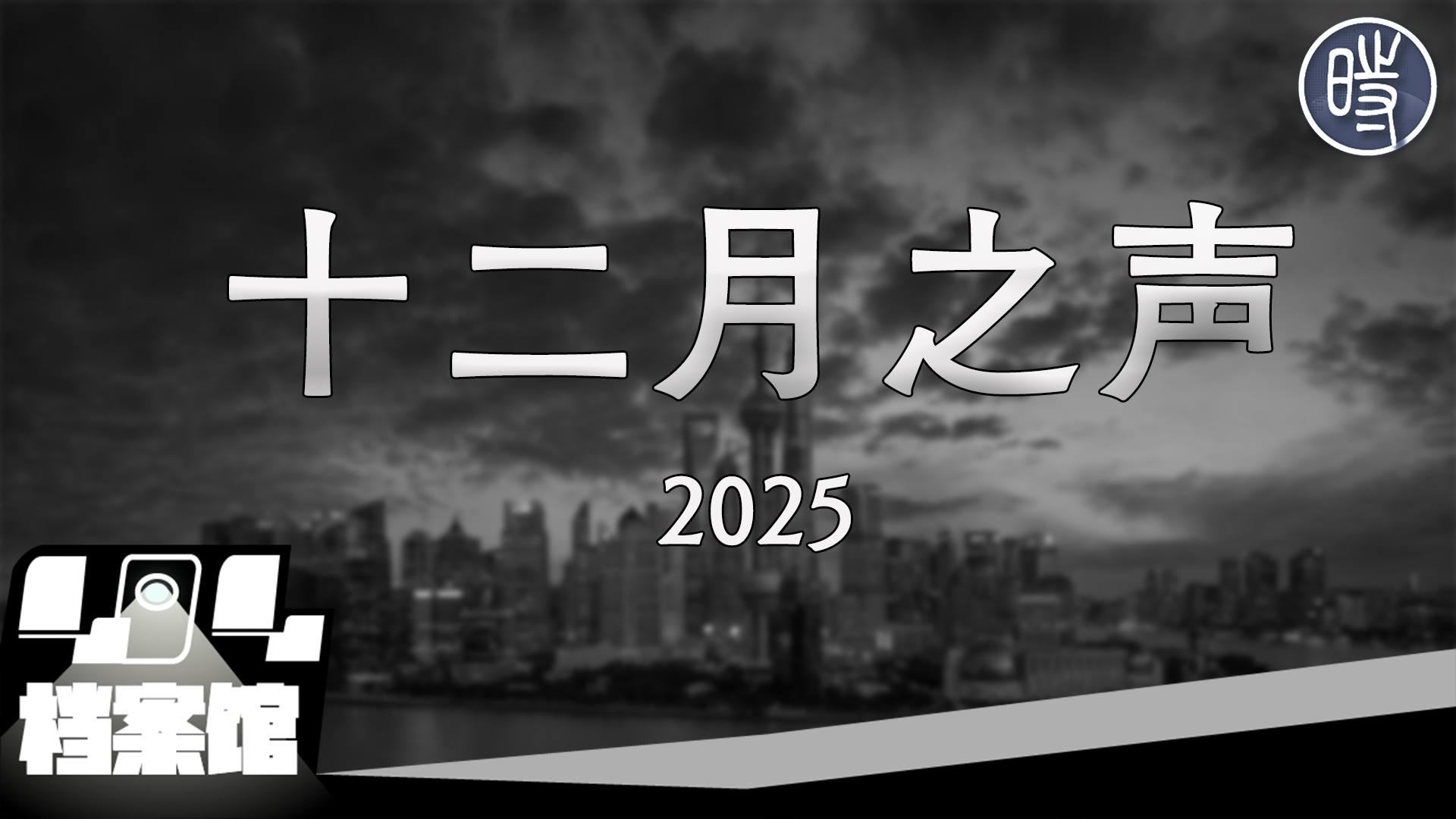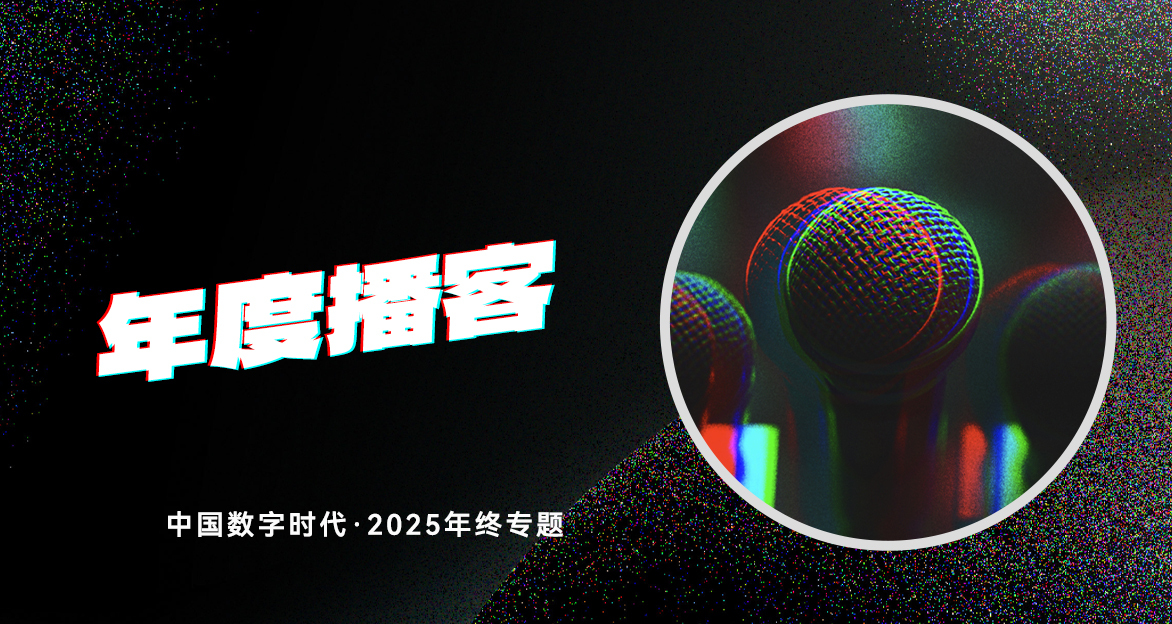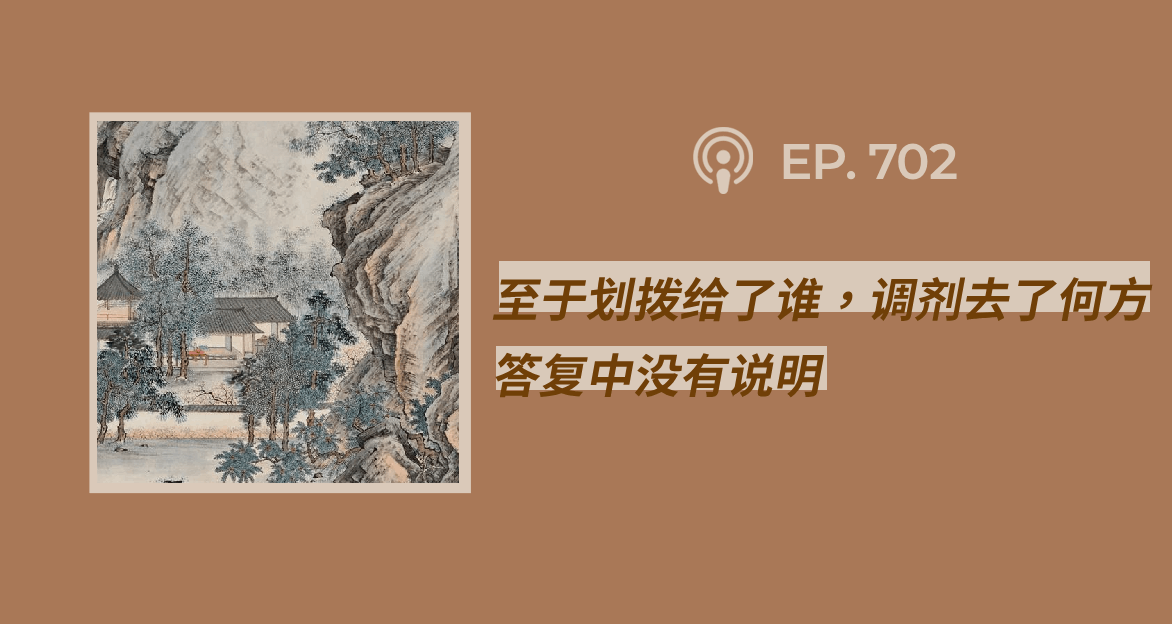
by Edward Wong
Published: August 13, 2011
BEIJING — The documentary film “Petition” by Zhao Liang is considered by many of its viewers to be a fearless work of art. Shot over 12 years, it shows how the authorities muzzle and brutalize Chinese who, following an age-old tradition, travel to Beijing seeking redress for wrong doing by local officials.
In the middle of the shooting, Mr. Zhao came to believe security agents were stalking him. The film was finished, and made its debut at the Cannes Film Festival in May 2009, but was immediately banned in China. Officers asked about Mr. Zhao in his hometown. He turned off his cell phone and fled to Tibet for three weeks.
Since then, Mr. Zhao has transformed his relationship with the government. Late last year, Mr. Zhao completed “Together,” a film about discrimination against Chinese with H.I.V. and AIDS that was commissioned by the Ministry of Health. In March, Mr. Zhao dined in Hong Kong with ministry officials before walking the red carpet at a film festival. And in Beijing the next month, he accepted an award in a ceremony broadcast on state TV.
Mr. Zhao’s evolution from a filmmaker hounded by the government to one whom it celebrates offers a window into hard choices that face directors as they try to carve out space for self-expression in China’s authoritarian system. Like Mr. Zhao, many seek to balance their independent visions with their desires to live securely and win recognition.
“When you’re working in China, there’s a gray area that you have to navigate well,” Mr. Zhao, 40, a slim man with a crew cut that is more soldier than auteur, said at his loft home in a Beijing arts district.
The Chinese Communist Party has always viewed film as perhaps the most powerful medium for swaying the opinions of the masses, and used it for decades as a propaganda tool. More recently, the state has identified the film industry as critical for shaping China’s image abroad.
Its levers of control within the industry have grown subtler. Directors who produce unauthorized films that overtly challenge the government can face temporary work bans or more serious harassment. But more often, officials rely on the acquiescence of directors who seek to reach a broad audience. China does not forbid independent filmmaking, but it does control distribution, so filmmakers who want their work to be widely seen end up submitting themselves to a capricious censorship process. Access to a lucrative domestic market is at stake, and government support can help international sales, so censors have become gatekeepers to money and fame.
The drive among prominent directors to expose uncomfortable truths appears to have diminished as the country has grown wealthier. Once-rebellious artists, like the director Zhang Yimou, have been showered with largess after agreeing to work within the system they once disdained.
“Together,” which was submitted to censors, avoids mentioning the government’s long cover-up of H.I.V. and AIDS in China. And Mr. Zhao was asked by officials to make a number of cuts. One Chinese film expert, after watching “Together” in Hong Kong, said Mr. Zhao had “gone to the other side.”
The movie has been shown in Chinese theaters and at a few prestigious international festivals, with official support. Mr. Zhao, like many artists who have chosen this path, sees his decision to work within the system in practical terms.
“I think that a work has to have an audience,” he said. “The meaning of a piece of work has to be acknowledged by other people. It has to influence other people.”
Karin Chien, founder of dGenerate Films, the American distributor of Mr. Zhao’s “Crime and Punishment,” one of his five independent documentaries, said Mr. Zhao’s decision to make “Together” surprised her. But she said the move was similar to the way American directors sometimes jumped between independent and studio productions. “In any industry, there’s an appeal for someone who wants to effect change to work within the system and see if that creates more change,” she said.
Yet Mr. Zhao’s compromises have damaged some of his closest friendships in China. Among those he once counted on for support is Ai Weiwei, the internationally known artist detained for nearly three months this year during a broad crackdown on liberal intellectuals. Mr. Ai publicly attacked Mr. Zhao late last year for acquiescing to the government’s demand that Mr. Zhao boycott an Australian film festival.
Mr. Zhao said that unlike Mr. Ai, he did not directly oppose the party, though his subjects, from oppressed peasants to drug-addicted rock musicians, live on China’s margins.
“China no longer needs a revolution, the kind of total revolution that completely disrupts society,” he said. “The costs are too high.”
“Actually, in the party, there is conflict between two camps,” Mr. Zhao added, referring to friction between liberals and hard-liners. “As social intellectuals, we have to cooperate with one faction within the party to defeat the other faction.”
His partnership with the state has also strained his relationship with Zhu Rikun, a programmer at the independent Songzhuang documentary festival outside Beijing, which organizers canceled this spring largely because of government pressure. Mr. Zhu and Mr. Zhao were once close — Mr. Zhu did post-production work on “Petition” — but the two got into a heated online argument in March over the censorship issue.
In an interview, Mr. Zhu said “Together” addressed “a very important subject,” but insisted that “a film that has anything to do with an official or with the government cannot have a good result, so it’s absolutely hopeless.”
A Stone With Sharp Edges
Frustrated with his work as a television cameraman in his hometown, Dandong, on the frigid border with North Korea, Mr. Zhao’s way out was a one-year fellowship to the venerable Beijing Film Academy, where directors like Zhang Yimou and Chen Kaige had trained.
At screenings, Mr. Zhao became exposed to the works of foreign directors whose slow, methodical styles greatly influenced him. His favorite was Andrei Tarkovsky, the Soviet director.
“The Russians, that culture, they really respect knowledge, they respect art,” he said. “You can feel that the intellectuals of that culture are tough. They have backbone. They really are thinking of their people. ”
“A culture like that, with that kind of intellectual, there’s hope,” he added. “China, the way China is, you hardly see people like that.”
In 1996, Mr. Zhao began taking his camera to a shantytown in Beijing called the Petitioners’ Village, where people with grievances from all over the country camp out while trying to plead their case at the central petition office. It is a Sisyphean mission, and a dangerous one: the system encourages security officers to abduct and punish the petitioners. Mr. Zhao shot 500 hours of footage, sometimes using hidden cameras inside the petition office.
The central story line of “Petition” follows the emotional toll that injustice takes on a woman and her daughter. In another story line, two petitioners are killed when they accidentally run into the path of an oncoming train while fleeing security officers. Fellow petitioners collect their body parts and call for the ouster of the Communist Party.
“I remember quite clearly one of my middle-school teachers telling me that I was a stone with sharp, jagged edges, but that I would turn into a smooth river stone as I grew older,” Mr. Zhao said. “During the years while I was making this film, I felt like I was getting sharper and sharper instead.”
Mr. Zhao said he never considered registering the film with the State Administration of Radio, Film and Television, also known as Sarft, the main regulator and censor of films. (Last year, 526 films it had approved were made.)
All the while, Mr. Zhao took on various cameraman jobs and put on exhibitions of his photography and art videos. He met Ai Weiwei when they both exhibited at a show in Finland. After the death of Ai Qing, Mr. Ai’s father and a famous poet, Mr. Zhao sat in the hearse with his friend as it drove past Tiananmen Square. In the early 2000s, when Mr. Zhao was at a low point, Mr. Ai lent him $750. Mr. Zhao called Mr. Ai when he believed officers were following him during the filming of “Petition”: “Weiwei, if one day I disappear, you have to come find me,” he said.
“Petition” eventually got financing from European investors, and Mr. Zhao finished a two-hour edit in 2009 in Paris. It was screened at Cannes in May. Variety called it “an unblinking record of human suffering.”
Chinese journalists reporting on Cannes for state news organizations shunned the film. “There were reporters who booked interviews with me before the screening, but they all ran away afterwards,” Mr. Zhao said. The Chinese authorities swung into action: police officers began looking for Mr. Zhao, and friends warned him to lie low, prompting the trip to Tibet. Meanwhile, censors blocked any mention of “Petition” on Douban, an arts social networking site.
“I heard some rumblings,” Mr. Zhao said. “I was really pretty nervous.”
Screenings of “Petition” had to take place in secret, which frustrated him. “I want Chinese to see the film and have a better understanding of the environment in which they live,” he told an audience this March when “Petition” was screened at the Kubrick Café in Hong Kong.
Mr. Zhao left it to the film’s French producer to keep “Petition” on the festival circuit. Then, in July 2009, while in Bangkok, where his wife, who is Thai, and their two children live, he got a call from a friend, the well-known director Jia Zhangke. Mr. Jia said film bureau officials were demanding that the two of them withdraw their films from the Melbourne International Film Festival to boycott a documentary on Rebiya Kadeer, the Uighur businesswoman whom China blames for unrest in the Xinjiang region.
The two directors decided to pull out. “You’re a small figure, it’s scary, and you get stuck in a mess like this, in an international incident,” Mr. Zhao said. “Yeah, at the time I was pretty much, ‘Let’s think of me first.’ ”
The bottom line, as he put it, was this: “You still need to work in this country.”
Mr. Zhao was surprised to find, when returning home shortly afterward, that official news organizations had made the two filmmakers into heroes in articles and newscasts. Mr. Zhao and “Petition” were actually mentioned by name. It was an upturn in Mr. Zhao’s relationship with the government, but not one he entirely welcomed. “I sort of felt like I had been used,” he said.
An Official Opportunity
Last October, at an art exhibition opening in Beijing, Ai Weiwei challenged Mr. Zhao to defend his decision to boycott Melbourne. Mr. Ai recorded the encounter on video and posted it online. Mr. Zhao looked anguished at being ambushed by his friend.
“So did you receive any financing afterwards from the state?” Mr. Ai asked. “I heard you did.”
“Of course I didn’t, Ai Weiwei,” Mr. Zhao said.
An opportunity had come along earlier in 2009, however, before the controversy over the Melbourne film festival, for Mr. Zhao to work on a project supported by the state. Gu Changwei, a renowned filmmaker whom Mr. Zhao knew, contacted him with a proposal: Would he want to shoot a documentary on the set of “Love for Life,” a feature film directed by Mr. Gu about villagers afflicted by H.I.V. and AIDS? The story was from a banned book by Yan Lianke. Yet, the Health Ministry had agreed to support the movie, and it wanted a documentary that could be shown as a public service announcement.
For years, the Chinese government denied the scale of H.I.V. infection and covered up a scandal involving H.I.V.-infected blood banks, and the topic is still considered politically delicate. But in recent years, Health Ministry officials have been eager to show they are taking action to combat the disease, and the idea of Mr. Gu’s film and Mr. Zhao’s documentary appealed to them. With that backing, the project got a green light from the normally conservative film bureau.
“I hesitated for a while, but eventually agreed to do it,” Mr. Zhao said.
If everything went well, then Mr. Zhao would finally make a film that would be widely seen in China. The Health Ministry was ready to throw in significant support: a department put up $77,000, half the budget.
“Together” went through rigorous vetting. Early versions were screened for officials from three agencies: first the Health Ministry, then the Central Propaganda Department, and finally the film bureau of the State Administration of Radio, Film and Television.
“The Health Ministry looked at it and issued a letter to the other two, which means that the ministry backs this film,” Mr. Zhao said. “The propaganda department only cares about the general tone of the film and has no problem with it as long as it is not counterrevolutionary. The film bureau would not be so strict once the Health Ministry said to them in the letter that they had made this film for public service.”
Officials requested a few changes, Mr. Zhao said. One involved a scene where he interviewed a prostitute — the film could not say she was a sex worker. “I think that cut makes the film less effective,” he said.
“Together” has some of Mr. Zhao’s trademark touches, notably interviews with H.I.V.-positive Chinese living on the margins. But there are also moments far from Mr. Zhao’s rigorous aesthetic — interviews with celebrity actors, for example, and the use of maudlin music. The film also fails to address how the government’s attempts to conceal outbreaks of H.I.V./AIDS contributed to the spread of the disease.
“The movie exceeded our original expectations,” said Mao Qun’an, a Health Ministry spokesman. “Our health minister, after he saw the movie, said everyone in the ministry has to watch it.”
In Beijing, the film began a trial run at an art house theater in December 2010. The Berlin International Film Festival agreed to screen it. There, Xinhua and CCTV reporters covered the film. “No Chinese reporters were at the screening of ‘Petition,’ not one,” Mr. Zhao said of his experience at Cannes, “while this film attracted a lot of both Chinese and Western reporters.”
There have been awkward moments on the festival circuit. At the Hong Kong International Film Festival in March, a Health Ministry official, Wang Xinlun, was asked a tough question by a viewer after the screening — had the Chinese government suppressed reporting of cases of H.I.V./AIDS? Ms. Wang said the Chinese government had been “very aggressive and methodical” in issuing reports. Mr. Zhao looked uncomfortable as she answered.
In May, after a big marketing campaign by the government on television and the Internet, “Together” opened in theaters in Beijing and Shanghai. Like most documentaries, it did not make much money. But Mr. Zhao said, “I make movies for people to watch, so I’m very happy that it was seen.”
Mr. Zhao said he was already planning for his next documentary to be a return to his old way of filmmaking. This movie would focus on a road trip through China with artists and intellectuals. It would be financed by foreign investors, he said, and not by the state.
本文由自动聚合程序取自网络,内容和观点不代表数字时代立场













